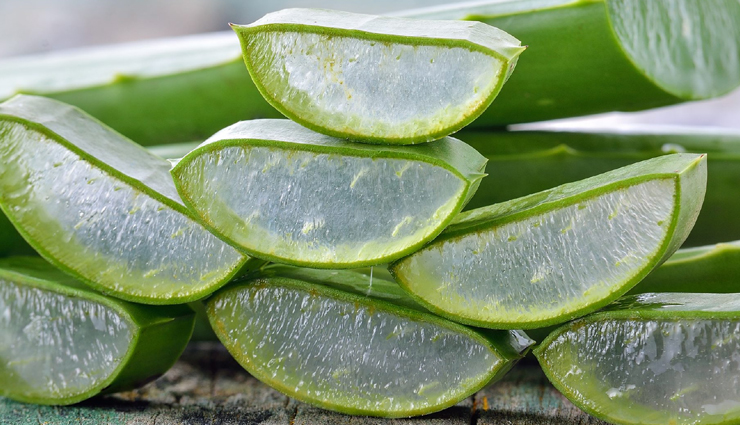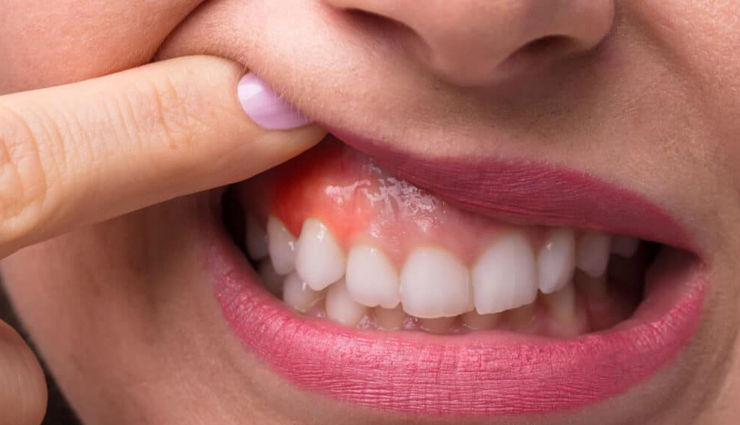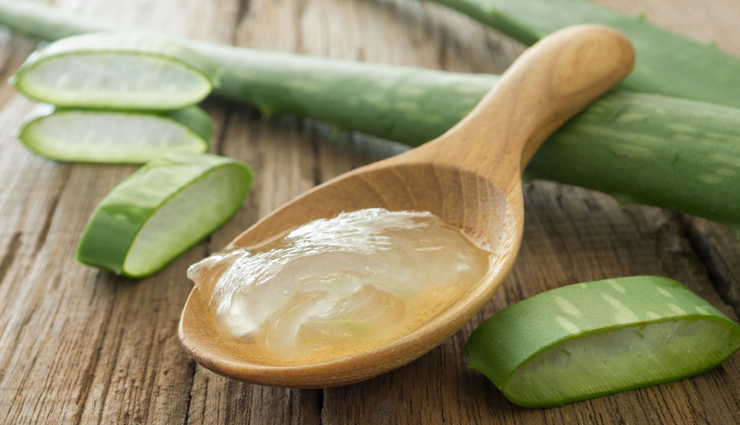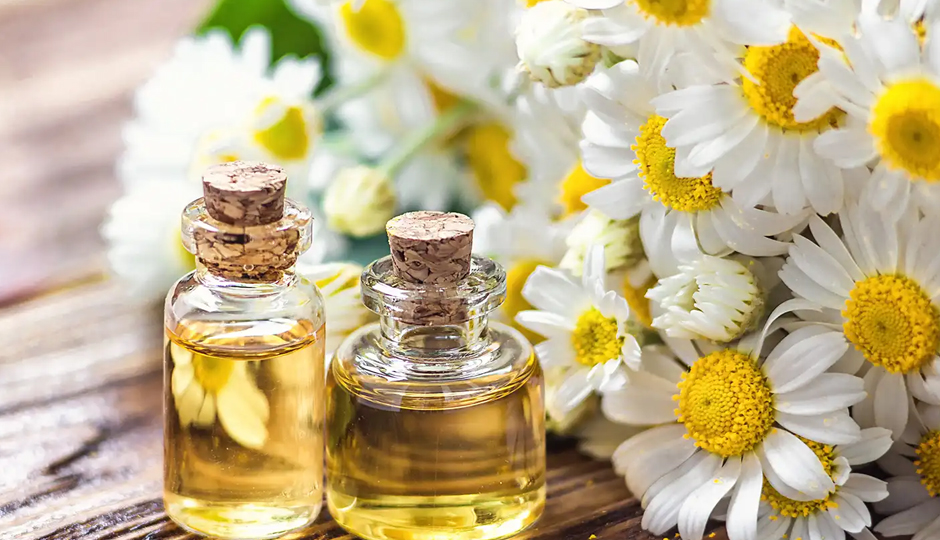- Home›
- Healthy Living›
- 10 Reasons Why Consuming Aloe Vera Is Good For Your Health
10 Reasons Why Consuming Aloe Vera Is Good For Your Health
By: Priyanka Maheshwari Fri, 06 Oct 2023 11:13:32

An article in the Journal of Pharmacy and BioAllied Sciences highlights that while there are over 300 species of aloe plants, Aloe barbadensis, commonly known as aloe vera, stands out as the most renowned and highly valued in the realms of health and beauty due to its therapeutic properties, both for internal and topical applications.
This spiny succulent plant is indigenous to arid regions and tropical climates across Africa, Asia, Europe, as well as the southern and western regions of the United States.
Centuries ago, people recognized that aloe vera possessed more than just aesthetic appeal. The gel and juice extracted from aloe vera gained popularity as a herbal remedy, addressing a wide range of issues, from skin ailments to gastrointestinal disorders, as indicated in a September 2019 article in SAGE Open Medicine.
Now, let's delve into the extensive history of aloe vera, its diverse applications, and the potential benefits it offers.

What Is Aloe Vera?
Aloe vera is a succulent plant species known for its medicinal and cosmetic properties. It belongs to the Aloe genus and is scientifically referred to as Aloe barbadensis miller. This plant has been used for centuries for various health, beauty, and wellness purposes. Here are some key characteristics and information about aloe vera:
Appearance: Aloe vera typically has thick, fleshy, green leaves that are lance-shaped and filled with a gel-like substance. The leaves are often serrated along the edges, and the plant can vary in size from a few inches to several feet tall, depending on its age and growing conditions.
Native Habitat: Aloe vera is native to dry regions and tropical climates, with origins in Africa, specifically in countries like Sudan and the Arabian Peninsula. It has also naturalized in other parts of the world, including Asia, Europe, and the southern and western regions of the United States.
Medicinal Uses: Aloe vera is renowned for its various medicinal properties. The clear, gel-like substance found in the inner part of its leaves is rich in bioactive compounds, including vitamins, minerals, enzymes, and polysaccharides. Some of its well-known uses include:
Skin Health: Aloe vera gel is used topically to soothe and moisturize the skin. It is often applied to sunburns, minor burns, cuts, and skin irritations.
Digestive Health: Aloe vera juice or supplements are sometimes consumed to support digestive health and alleviate symptoms of conditions like acid reflux and irritable bowel syndrome (IBS).
Immune Support: Some studies suggest that aloe vera may have immune-boosting properties due to its antioxidant content.
Cosmetic Uses: Aloe vera is a common ingredient in skincare and cosmetic products, such as lotions, creams, shampoos, and moisturizers. It is valued for its hydrating and soothing properties.
Potential Health Benefits: Aloe vera has been studied for its potential health benefits, which may include wound healing, anti-inflammatory effects, and aiding in the management of certain skin conditions and gastrointestinal problems. However, more research is needed to confirm these benefits conclusively.
Cultivation: Aloe vera is relatively easy to cultivate and can be grown both indoors and outdoors in suitable climates. It requires well-drained soil and plenty of sunlight.
Aloe Latex
This is the yellow pulp that’s found just under the outer surface of the plant leaf.
Potential Health Benefits of Aloe Vera

# Improved Digestive Health
Aloe latex, containing aloin, an anthraquinone responsible for the plant's laxative properties, might offer relief from constipation, as stated by the National Institute of Environmental Health Sciences (NIEHS).
Constipation, a common symptom in primary care patients, is also prevalent in chronic digestive conditions such as irritable bowel syndrome (IBS).
A study featured in JNM in October 2018 proposed that aloe vera could be beneficial for individuals experiencing constipation, including those with IBS symptoms. This is due to aloe vera's laxative effects and its capacity to enhance water content in the intestinal lumen.

# Management of Skin Conditions Such as Psoriasis and Acne
Topical applications of aloe vera and creams infused with aloe leaf extract have a soothing impact on the skin, effectively reducing itchiness and inflammation, as confirmed by the Mayo Clinic.
In a previous analysis of aloe vera, researchers discovered its ability to inhibit the production of prostaglandin E2, lipids that not only contribute to the inflammatory process but are also active within the sebaceous glands. This suggests a potential connection to inflammatory skin conditions, as noted in other research studies.
Apart from its anti-inflammatory properties, aloe vera possesses antibacterial attributes and supports wound healing, making it a promising complementary approach for treating acne through topical use. A study published in May 2021 in Frontiers in Medicine revealed that a novel treatment involving aloe vera gel, a soft mask, and ultrasound led to significant improvements in patients with moderate acne. Additionally, a 2014 study found that when combined with the common topical acne treatment tretinoin, aloe vera gel exhibited a more positive impact on acne compared to tretinoin alone.

# Soothing Sunburn Discomfort
Many individuals rely on a thick aloe gel to alleviate sunburn, but it might surprise you to learn that this natural remedy lacks robust scientific evidence demonstrating its effectiveness in soothing symptoms and expediting the healing process.
For instance, a study revealed that topically applying aloe vera after inducing sunburn in a laboratory setting did not significantly reduce redness compared to a placebo. It's worth noting, however, that this study was small, involving only 20 healthy volunteers.
Nevertheless, despite the limited research, aloe vera's historical use and its generally recognized safety make it a popular choice. Many have experienced its cooling effect firsthand. According to the Skin Cancer Foundation, aloe vera is considered safe for soothing mild sunburns and does not have adverse effects. Kate Deery, a certified aesthetician with Clareo Plastic Surgery in Boston, attests to its potential benefits and safety. She notes that aloe vera can be used as a mask for more inflamed or irritated skin, such as sunburned skin.

# Promoting Wound Recovery
While aloe products may not be as effective in treating sunburns based on research findings, they could offer relief for minor burns, such as first- or second-degree burns. A review of four controlled clinical trials involving 371 burn patients revealed that those who applied aloe vera to their burns experienced approximately nine days shorter healing times compared to the control group. However, it's essential to note that these studies varied in terms of the products used and the conclusions drawn. Consequently, further research on the potential impact of aloe vera on wound healing is necessary before making well-informed decisions. If dealing with severe burns, it is crucial to consult your healthcare team for proper treatment guidance before considering over-the-counter options like aloe vera.

# Reduced Heartburn Symptoms
In a specific trial, scientists discovered that a standardized aloe vera extract in syrup form offered therapeutic advantages for individuals with gastroesophageal reflux disease (GERD), leading to a reduction in symptoms like heartburn, belching, and vomiting over a span of four weeks.
While this concept is supported by a limited number of studies, the observed effect might be attributed to the connection between GERD and inflammation. Aloe vera is known for its anti-inflammatory properties, along with antioxidants and anti-ulcer attributes studied in both animals and patients with irritable bowel disease (IBD), as highlighted in previous research.

# Blood Sugar Reduction
A prior clinical trial reported that the daily consumption of 2 tablespoons of aloe vera juice for a duration of two weeks led to a decrease in blood sugar levels in individuals with type 2 diabetes. Additionally, the study participants experienced improvements in their triglyceride levels, which could offer an added advantage for individuals with diabetes. This is significant because they are at a heightened risk of heart disease, which is associated with abnormalities in triglycerides and cholesterol. Recent research also suggests that individuals with prediabetes may witness similar effects on their blood sugar and lipid profiles when using aloe vera.
However, it's crucial to emphasize that these potential benefits are based on preliminary data, so it's advisable to consult with your healthcare team before considering aloe vera for these purposes.

# Can Aloe Vera Aid in Weight Loss?
There is some research suggesting that aloe vera might boost metabolism, potentially aiding in burning more calories throughout the day and facilitating weight loss. However, it's important to note that the existing research in this area is very limited.
Earlier studies conducted on rats indicated that those treated with aloe vera gel powder exhibited significantly lower body weight and body fat percentages compared to untreated rats. The researchers speculate that this reduction might be attributed to an increase in their energy expenditure. However, studies demonstrating similar effects in humans are lacking.
In a different study, individuals with untreated diabetes or obesity-related prediabetes who consumed an aloe vera gel complex experienced reductions in body weight, insulin resistance, and body fat mass.
Despite these findings, it's essential to emphasize that the current research on aloe vera and its potential role in weight loss is scarce. Consequently, more comprehensive studies are needed to fully understand its effects on human metabolism and weight management. Always consult with a healthcare professional before considering aloe vera or any other supplements for weight loss purposes.

# As an Easy Oral Rinse
Studies have demonstrated that aloe vera mouthwash effectively minimizes plaque formation on teeth in the short run. In this research, 300 participants were instructed to rinse their mouths and gums with aloe vera mouthwash, normal saline, or chlorhexidine gluconate mouthwash. After four days, researchers discovered that aloe vera was equally as effective as chlorhexidine in reducing dental plaque and had no adverse effects. However, further research is necessary to evaluate its long-term effectiveness and safety.

# As a Pain Alleviator
Aloe vera holds potential in pain relief. Research indicates that salicylic acid, naturally present in aloe vera, is a compound responsible for the anti-inflammatory effects of aspirin. Although more studies are necessary to fully understand the effectiveness of aloe vera in pain management, a previous study suggested that oral aloe vera might assist in reducing chronic non-cancer-related pain, such as osteoarthritis pain. Additionally, in mice, topical application of a small amount of aloe vera was found to inhibit inflammation caused by mild irritants. However, further peer-reviewed studies involving humans are required to validate these findings.

# As a Skin-Care Ingredient
Aloe vera has become a standout ingredient in the realm of beauty and cosmetics. It can be found in a wide array of products, including moisturizers, toners, shampoos, and deep conditioners. There's even a dedicated product line called Aloe Vesta, specifically formulated to cater to sensitive skin needs.
What's driving this popularity?
Aloe vera is renowned for its ability to enhance skin hydration, maintain moisture, and promote clarity. It is packed with antioxidants such as vitamin A, vitamin C, and vitamin E, and it contains seven out of the eight essential amino acids, as reported in a previous article. The plant is celebrated for its anti-inflammatory properties, although some experts argue that more research is required to establish this conclusively.
In a past uncontrolled study, aloe vera demonstrated anti-aging potential: 30 women were administered oral aloe vera gel doses twice daily for three months. The participants experienced significant improvements in their skin's elasticity and reduction in wrinkles. Researchers theorized that this effect was due to increased collagen production.

How to Choose and Preserve Aloe Vera
Aloe vera products are classified as dietary supplements, and unlike prescription medications, they are not thoroughly regulated by the U.S. Food and Drug Administration (FDA). Consequently, there is no definitive way to verify the quality, safety, or authenticity of the claims made by manufacturers regarding their products. Many items that purport to be high in aloe vera content actually contain minimal to no active ingredients.
Selection
However, there is one crucial factor to consider when purchasing aloe vera products: the presence of a seal from the International Aloe Science Council, an organization active since the 1980s. This seal signifies that the aloe vera product's quality and purity have undergone testing and validation.
Storage
For optimal preservation, it is advisable to follow the storage instructions provided on the label of your aloe vera product. Generally, aloe vera gel and juice should be stored in a cool, moderately dry environment, such as at room temperature or in the refrigerator. Humidity and temperature fluctuations can impact the product's shelf life. Aloe vera juice is often packaged in amber-colored bottles because past research indicates that these dark bottles are designed to shield the active ingredients from the detrimental effects of light exposure.
Health Risks Associated with Aloe Vera
Aloe gel, commonly found in creams and moisturizers, is generally safe for topical use and possesses therapeutic properties beneficial for the skin.
On the contrary, aloe latex poses potential risks. Ingesting aloe latex orally can result in cramps and diarrhea and may reduce the effectiveness of other oral medications, as noted by the NCCIH.
Furthermore, aloe latex can lead to more severe complications. Ingesting even just 1 gram (g) of aloe latex orally daily for several days can cause kidney damage and may even be fatal, according to the Mayo Clinic. It can also lower blood glucose levels, posing a concern for individuals with type 2 diabetes who should consult their doctors before incorporating aloe latex into their care routine.
A potential drawback of aloe latex is its purported cancer-promoting effects. A study from the National Toxicology Program revealed that whole-leaf aloe vera extract caused cancerous tumors in the large intestines of rats. However, it is crucial to note that this study did not involve humans, and the National Institute of Environmental Health Sciences states that current literature does not suggest similar outcomes in humans.
In the study, rats consumed water containing 60 parts per million (ppm) of aloin daily, a much higher concentration than the industry's typical limit of 10 ppm. Therefore, reaching unsafe levels of aloin consumption is unlikely, according to the NIEHS.





